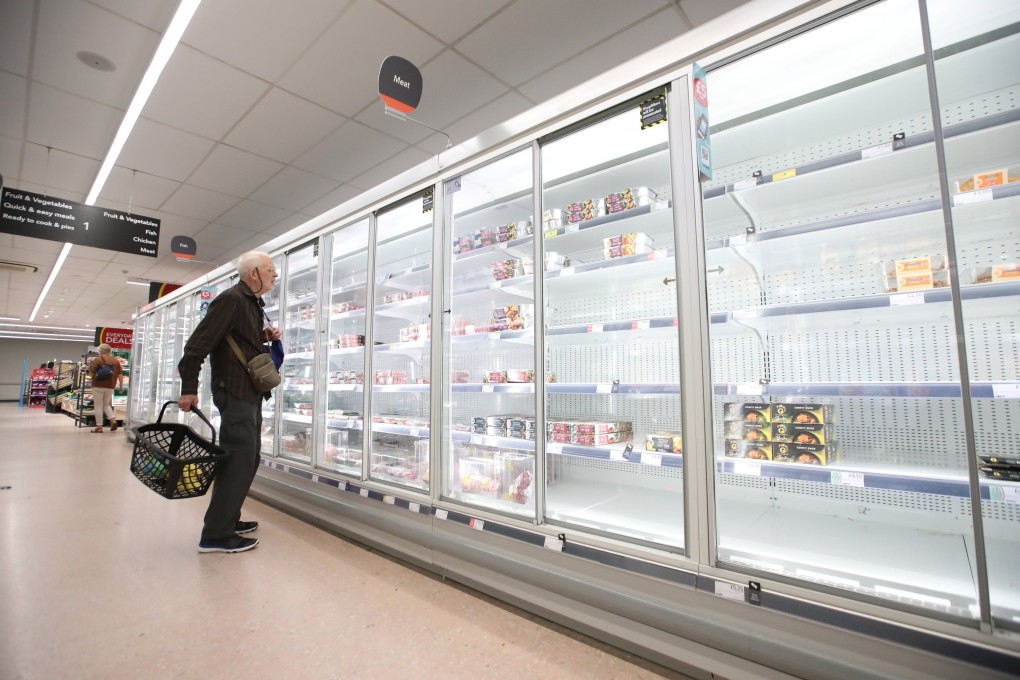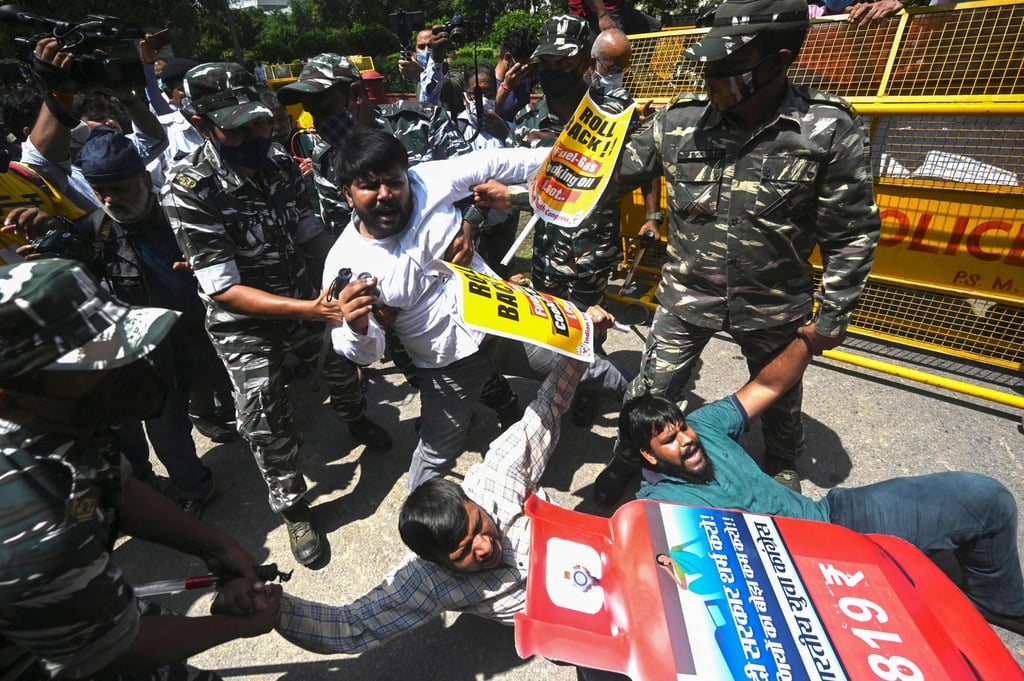Advertisement
Macroscope | Transitory inflation? That depends on how quickly central bankers act
- The key is the speed at which monetary and fiscal policy is tightened and how fast wage growth rises
- Supply and demand imbalances will resolve but pressures from the labour market shortage and continued fiscal spending will linger
Reading Time:3 minutes
Why you can trust SCMP

The transitory nature of inflation has been tested recently amid expectations of an increase in prices, which is pushing up bond yields. Rising yields are having knock-on effects on equity markets as higher valuations become harder to justify.
Advertisement
Rising prices also create headwinds to economic growth as they can squeeze household purchasing power and depress consumer confidence. Inflation is likely to remain elevated in the near term for a variety of reasons but whether it proves transitory will depend on the extent that monetary and fiscal policy is left too loose for too long and how fast wage growth rises.
It is not surprising that inflation has moved higher in recent months. The lingering constraints in global supply chains are making it difficult for manufacturers to meet their orders and pushing up costs as companies scramble to get hold of important production materials.
Meanwhile, the pandemic has shone a light on the underinvestment in global transport logistics and the infrastructure needed to physically move goods around the world. These pressures are likely to linger and add to the prices paid by consumers.

Rising energy costs – not just of oil but for natural gas and thermal coal as well – are complicating the outlook. Even though energy makes up a relatively small 5-7 per cent of the inflation basket in developed markets, the wide swings in prices can be unnerving and are often felt more acutely by consumers when they fill their car up at the pump or pay their monthly energy bill.
Advertisement

Advertisement
